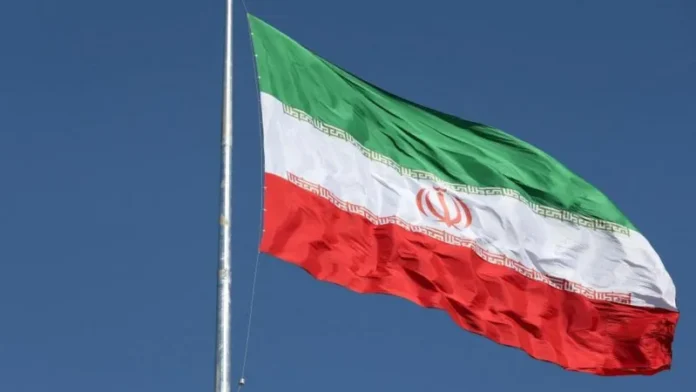A Swiss national accused of espionage has been found dead in a prison in Iran, with authorities labeling the incident as a suicide. The man, whose identity remains undisclosed, was being held in the eastern city of Semnan at the time of his death.
According to Iranian state media, the incident occurred on Thursday, when the Swiss citizen was discovered unresponsive in his cell. The judiciary-run Mizan News Agency reported that prison officials attempted to revive the detainee but were unsuccessful.
“This morning, a Swiss citizen committed suicide in Semnan prison,” a statement released by Mohammad Sadegh Akbari, Semnan’s chief justice, said. “He had been arrested by Iranian security forces for espionage,” it continued, with the case now under investigation.
The Swiss government has confirmed the death of the individual and stated that its embassy in Tehran is in communication with Iranian authorities.
A spokesperson for the Swiss Foreign Affairs Department emphasized that they were seeking further clarification from Iranian officials and providing support to the family of the deceased.
The Swiss national had been held in Iran for an undisclosed period on charges of espionage.
While Iranian authorities have provided limited details regarding his case, the incident raises questions about the conditions under which foreign nationals are detained in Iranian prisons, particularly those accused of espionage.
In recent years, Iran has detained dozens of dual nationals and foreign citizens, often on charges related to espionage or national security.
The arrests have prompted widespread criticism from international human rights organizations, who have raised concerns over the fairness of trials and the treatment of prisoners.
Swiss diplomatic channels have been critical in the past for facilitating communication between Iran and the West, particularly the United States. Switzerland represents American interests in Iran, acting as an intermediary between Washington and Tehran.
Given this role, the recent death of a Swiss national in Iranian custody is likely to strain the already delicate relations between the two countries.
While Tehran has not yet released additional details about the investigation, the incident is likely to raise further concerns about the treatment of foreign nationals in Iranian prisons.
Human rights advocates have frequently highlighted cases of prolonged detention, lack of proper legal representation, and allegations of torture or mistreatment in the country’s prison system.
As the investigation into the death continues, it remains unclear whether the Swiss national’s arrest and subsequent death were connected to broader geopolitical tensions or personal motives.
However, with Iran continuing its controversial policy of detaining foreign nationals under espionage charges, the case will likely remain a focal point of diplomatic discussions between Switzerland and Iran.
The Swiss government is calling for a full investigation into the circumstances surrounding the death and has pledged to work with Iranian authorities to gain clarity.

